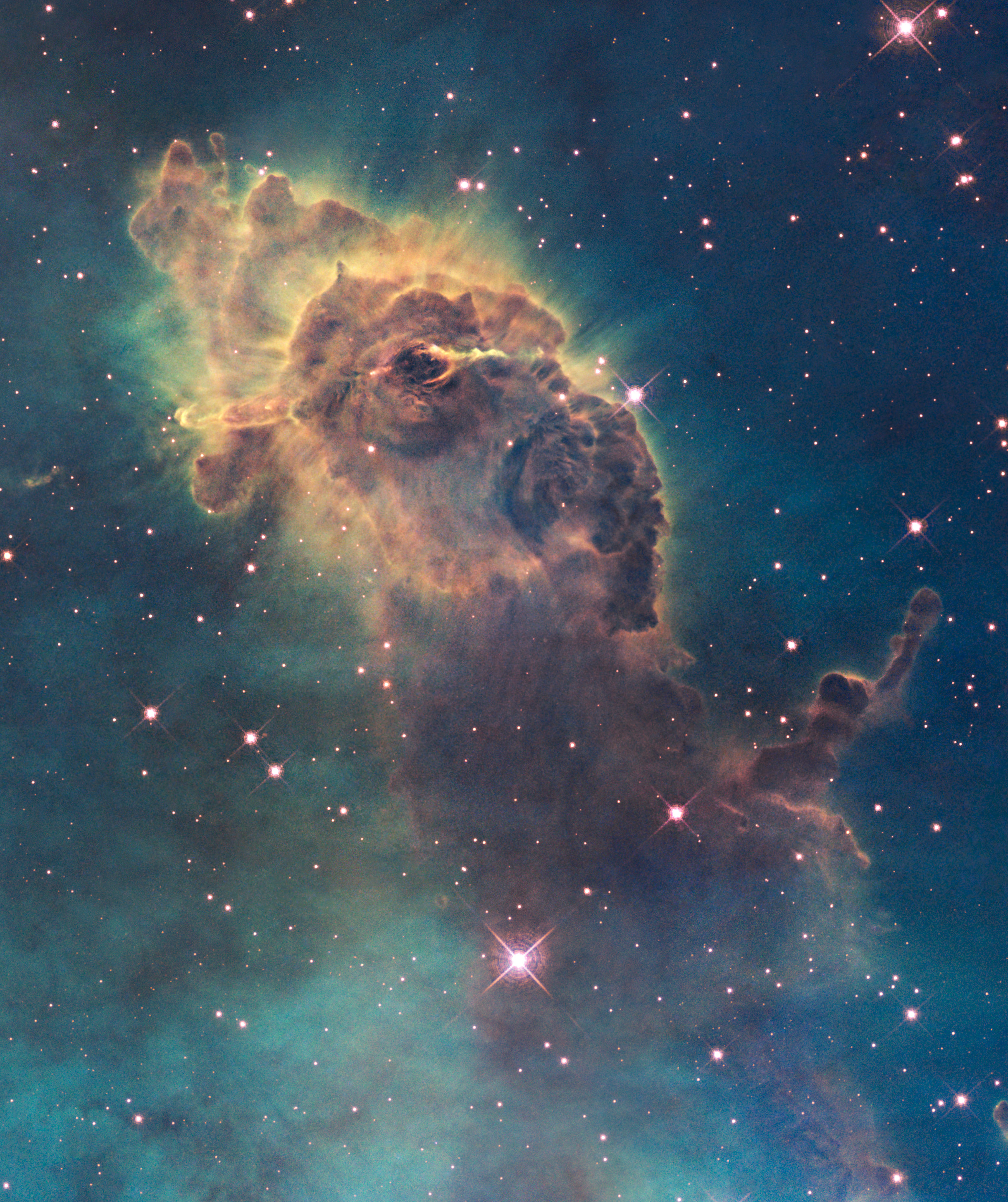|
Catch That Zeppelin!
"Catch That Zeppelin!" is a 1975 alternate history short story by American writer Fritz Leiber. It was first published in ''The Magazine of Fantasy and Science Fiction''. Synopsis When Fritz Leiber sees a Zeppelin moored at the Empire State Building one afternoon in 1973, he realizes that he has shifted into another timeline — one where a more decisive defeat of Germany at the end of the First World War led to greater international prosperity and a deeper, more acceptable peace, with the result that America was willing to sell Germany helium for use in airships, thereby preventing the Hindenburg disaster. Also, the year has changed from 1973 to 1937, and Leiber has become a patriotic-but-peaceful German airship engineer named Adolf Hitler. Reception "Catch That Zeppelin!" won the 1975 Nebula Award for Best Short StoryCatch That Ze ... [...More Info...] [...Related Items...] OR: [Wikipedia] [Google] [Baidu] |
Alternate History
Alternate history (also alternative history, althist, AH) is a genre of speculative fiction of stories in which one or more historical events occur and are resolved differently than in real life. As conjecture based upon historical fact, alternative history stories propose ''What if?'' scenarios about crucial events in human history, and present outcomes very different from the historical record. Alternate history also is a subgenre of literary fiction, science fiction, and historical fiction; as literature, alternate history uses the tropes of the genre to answer the ''What if?'' speculations of the story. Since the 1950s, as a subgenre of science fiction, alternative history stories feature the tropes of time travel between histories, and the psychic awareness of the existence of an alternative universe, by the inhabitants of a given universe; and time travel that divides history into various timestreams. In the Spanish, French, German, and Portuguese, Italian, Catalan, and ... [...More Info...] [...Related Items...] OR: [Wikipedia] [Google] [Baidu] |
Science Fiction Writers Of America
The Science Fiction and Fantasy Writers of America, doing business as Science Fiction and Fantasy Writers Association, commonly known as SFWA ( or ) is a nonprofit 501(c)(3) organization of professional science fiction and fantasy writers. While SFWA is based in the United States, its membership is open to writers worldwide. The organization was founded in 1965 by Damon Knight under the name Science Fiction Writers of America. The president of SFWA as of July 1, 2021 is Jeffe Kennedy. As of 2022, SFWA has about 2,300 members worldwide. Active SFWA members may vote for the Nebula Awards, one of the principal English-language science fiction awards. Mission SFWA informs, supports, promotes, defends and advocates for its members. SFWA activities include informing science fiction and fantasy writers on professional matters, protecting their interests, 26 (4): 40. and helping them deal effectively with agents, editors, anthologists, and producers in print and non-print media; 26 (4) ... [...More Info...] [...Related Items...] OR: [Wikipedia] [Google] [Baidu] |
Nebula Award For Best Short Story-winning Works
A nebula ('cloud' or 'fog' in Latin; pl. nebulae, nebulæ or nebulas) is a distinct luminescent part of interstellar medium, which can consist of ionized, neutral or molecular hydrogen and also cosmic dust. Nebulae are often star-forming regions, such as in the "Pillars of Creation" in the Eagle Nebula. In these regions, the formations of gas, dust, and other materials "clump" together to form denser regions, which attract further matter, and eventually will become dense enough to form stars. The remaining material is then thought to form planets and other planetary system objects. Most nebulae are of vast size; some are hundreds of light-years in diameter. A nebula that is visible to the human eye from Earth would appear larger, but no brighter, from close by. The Orion Nebula, the brightest nebula in the sky and occupying an area twice the angular diameter of the full Moon, can be viewed with the naked eye but was missed by early astronomers. Although denser than the space sur ... [...More Info...] [...Related Items...] OR: [Wikipedia] [Google] [Baidu] |
Hugo Award For Best Short Story Winning Works
Hugo or HUGO may refer to: Arts and entertainment * ''Hugo'' (film), a 2011 film directed by Martin Scorsese * Hugo Award, a science fiction and fantasy award named after Hugo Gernsback * Hugo (franchise), a children's media franchise based on a troll ** ''Hugo'' (game show), a television show that first ran from 1990 to 1995 ** ''Hugo'' (video game), several video games released between 1991 and 2000 * ''Hugo'' (stylised as ''hugo''), a 2022 album by British rapper Loyle Carner People and fictional characters * Victor Hugo, a French poet, novelist, and dramatist of the Romantic movement. * Hugo (name), including lists of people with Hugo as a given name or surname, as well as fictional characters * Hugo (musician), Thai-American actor and singer-songwriter Chulachak Chakrabongse (born 1981) Places in the United States * Hugo, Alabama, an unincorporated community * Hugo, Colorado, a Statutory Town * Hugo, Minnesota, a town * Hugo, Missouri, an unincorporated community * Hugo, ... [...More Info...] [...Related Items...] OR: [Wikipedia] [Google] [Baidu] |
Internet Speculative Fiction Database
The Internet Speculative Fiction Database (ISFDB) is a database of bibliographic information on genres considered speculative fiction, including science fiction and related genres such as fantasy, alternate history, and horror fiction. The ISFDB is a volunteer effort, with the database being open for moderated editing and user contributions, and a wiki that allows the database editors to coordinate with each other. the site had catalogued 2,002,324 story titles from 232,816 authors. The code for the site has been used in books and tutorials as examples of database schema and organizing content. The ISFDB database and code are available under Creative Commons licensing. The site won the Wooden Rocket Award in the Best Directory Site category in 2005. Purpose The ISFDB database indexes speculative fiction (science fiction, fantasy, horror, and alternate history) authors, novels, short fiction, essays, publishers, awards, and magazines in print, electronic, and audio formats. ... [...More Info...] [...Related Items...] OR: [Wikipedia] [Google] [Baidu] |
SF Signal
''SF Signal'' was a science fiction blog and fanzine published from 2003 to 2016. The site was launched by John DeNardo and JP Frantz and focused on writings, events, and other topics focusing on the genres of science fiction, fantasy, and other related genres. It hosted three podcasts, one of which won the 2014 Hugo Award for Best Fancast. The site itself won two Hugo Awards for Best Fanzine, 2012 and 2013. History The website was launched in 2003 by John DeNardo and JP Frantz after they noticed a lack of blogs focusing on science fiction. They decided to launch a blog where they could discuss science fiction and related genre writings, events and ideas that were interesting to them. As the website's popularity grew, they began to incorporate more original content and hired additional staff members as well as brought in new contributors. ''SF Signal'' published three podcasts: ''SF Crossing the Gulf'', ''The Three Hoarsemen'', and ''The SF Signal Podcast''. In 2012 ''SF Signa ... [...More Info...] [...Related Items...] OR: [Wikipedia] [Google] [Baidu] |
Fantasy Magazine (2005)
''Fantasy Magazine'' is a monthly United States, American Online magazine, online Fantasy fiction magazine, fantasy magazine that runs short fiction, poetry, and nonfiction (including essays and interviews). History ''Fantasy'' was an American Online magazine, online Fantasy fiction magazine, fantasy and science fiction magazine from 2005 to 2011. It was launched as a print edition at the 2005 World Fantasy Convention in Madison, Wisconsin. It continued in this format for six more issues, but in mid-October 2007, it moved online, with daily content, and spun off an original anthology, titled ''Fantasy''. The magazine published stories by for instance Peter S. Beagle, Jeffrey Ford, Theodora Goss, Caitlin Kiernan, Joe R. Lansdale, Nick Mamatas, Tim Pratt, Cat Rambo, Ekaterina Sedia, Catherynne M. Valente, and Jeff VanderMeer. In January 2012, ''Fantasy'' was merged into its sister ''Lightspeed (magazine), Lightspeed'', and John Joseph Adams replaced Sean Wallace as publisher. ''Fan ... [...More Info...] [...Related Items...] OR: [Wikipedia] [Google] [Baidu] |
The Independent
''The Independent'' is a British online newspaper. It was established in 1986 as a national morning printed paper. Nicknamed the ''Indy'', it began as a broadsheet and changed to tabloid format in 2003. The last printed edition was published on Saturday 26 March 2016, leaving only the online edition. The newspaper was controlled by Tony O'Reilly's Irish Independent News & Media from 1997 until it was sold to the Russian oligarch and former KGB Officer Alexander Lebedev in 2010. In 2017, Sultan Muhammad Abuljadayel bought a 30% stake in it. The daily edition was named National Newspaper of the Year at the 2004 British Press Awards. The website and mobile app had a combined monthly reach of 19,826,000 in 2021. History 1986 to 1990 Launched in 1986, the first issue of ''The Independent'' was published on 7 October in broadsheet format.Dennis Griffiths (ed.) ''The Encyclopedia of the British Press, 1422–1992'', London & Basingstoke: Macmillan, 1992, p. 330 It was produc ... [...More Info...] [...Related Items...] OR: [Wikipedia] [Google] [Baidu] |


